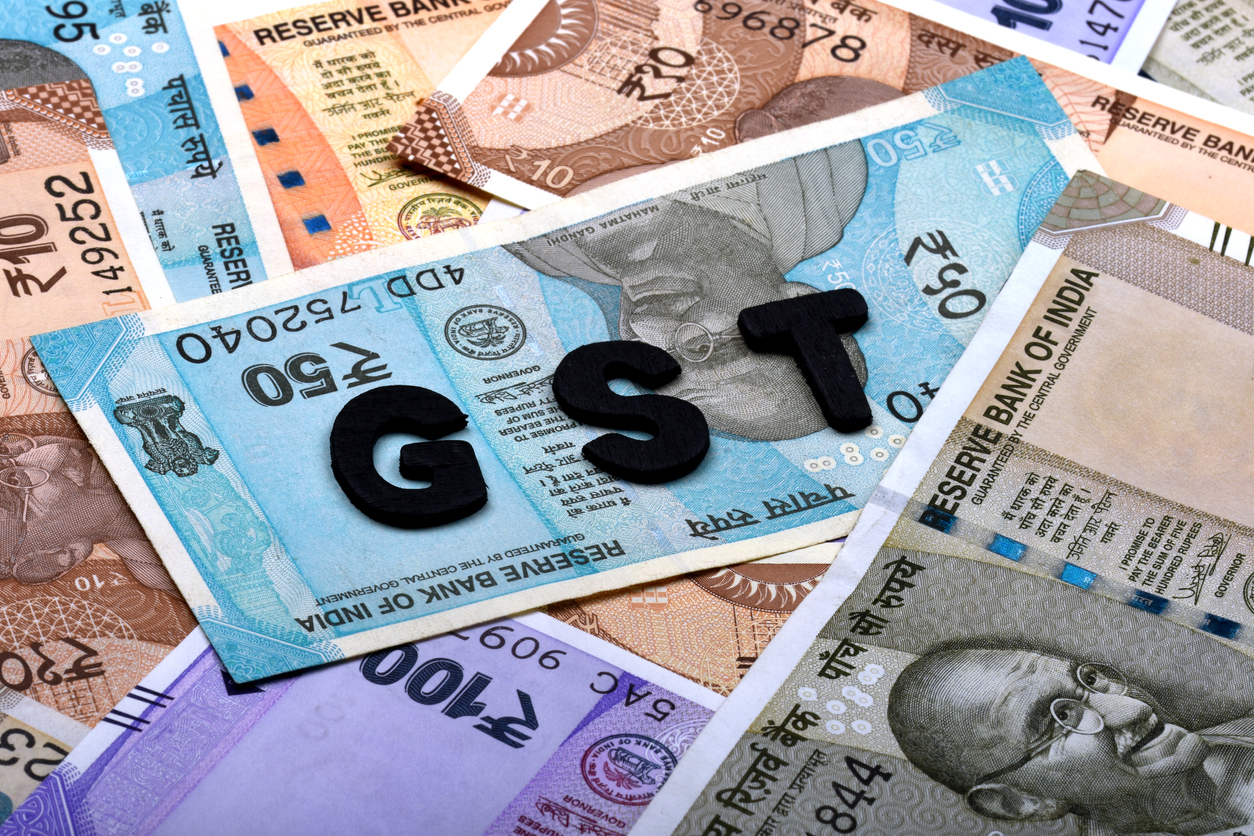
October 2, 2025
Analysts interpret this resilience as a signal that discretionary demand remains strong and that households did not significantly hold back on spending
Other experts also pointed to the upcoming festive season, which typically boosts consumption, as a factor likely to sustain robust revenue inflows
A striking component of the growth was a 15.6 % rise in GST collected from imports, seen as partly a result of pre-festive stocking by retailers and e-commerce platforms
Experts caution that the full effect of the GST rationalisation, particularly rate reductions introduced from September 22, may dampen growth momentum in the coming months (October–November)

In September 2025, India’s Goods and Services Tax (GST) collections surged to ₹1.89 lakh crore, registering a 9.1 % year-on-year increase, surpassing expectations of a slowdown in consumption. The figures reflect economic activity in August, and counter the anticipation that buyers would defer purchases ahead of announced GST rate rationalisation.
Analysts interpret this resilience as a signal that discretionary demand remains strong and that households did not significantly hold back on spending. MS Mani, a tax partner at Deloitte India, remarked that the data suggests no meaningful slowdown in economic activity in advance of rate changes. Other experts also pointed to the upcoming festive season, which typically boosts consumption, as a factor likely to sustain robust revenue inflows.
A striking component of the growth was a 15.6 % rise in GST collected from imports, seen as partly a result of pre-festive stocking by retailers and e-commerce platforms. Also noteworthy was a steep 40 % increase in GST refunds during the month.
However, experts caution that the full effect of the GST rationalisation, particularly rate reductions introduced from September 22, may dampen growth momentum in the coming months (October–November). Still, many expect collections to remain in positive territory thanks to sustained consumer demand. Manoj Mishra (Grant Thornton) underscored that the simplified GST structure helps stabilise and promote formal trade. Meanwhile, KPMG’s indirect tax head, Abhishek Jain, flagged that the growth held despite the discontinuation of GST revenue from online money gaming firms (which had shut operations post-parliament’s passage of the gaming law in August).
Source: Economic Times